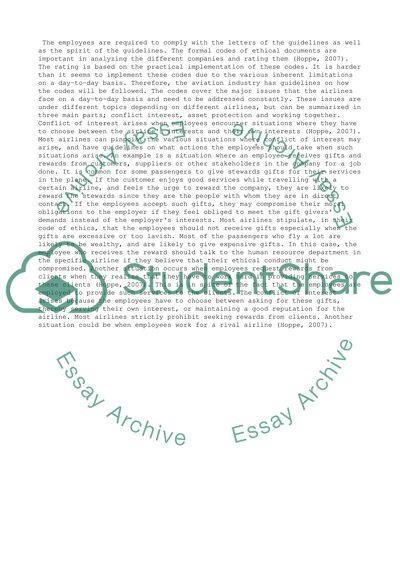Cite this document
(“Ethical or social responsibility issue related to aviation Research Paper”, n.d.)
Ethical or social responsibility issue related to aviation Research Paper. Retrieved from https://studentshare.org/management/1446528-ethical-or-social-responsibility-issue-related-to
Ethical or social responsibility issue related to aviation Research Paper. Retrieved from https://studentshare.org/management/1446528-ethical-or-social-responsibility-issue-related-to
(Ethical or Social Responsibility Issue Related to Aviation Research Paper)
Ethical or Social Responsibility Issue Related to Aviation Research Paper. https://studentshare.org/management/1446528-ethical-or-social-responsibility-issue-related-to.
Ethical or Social Responsibility Issue Related to Aviation Research Paper. https://studentshare.org/management/1446528-ethical-or-social-responsibility-issue-related-to.
“Ethical or Social Responsibility Issue Related to Aviation Research Paper”, n.d. https://studentshare.org/management/1446528-ethical-or-social-responsibility-issue-related-to.


